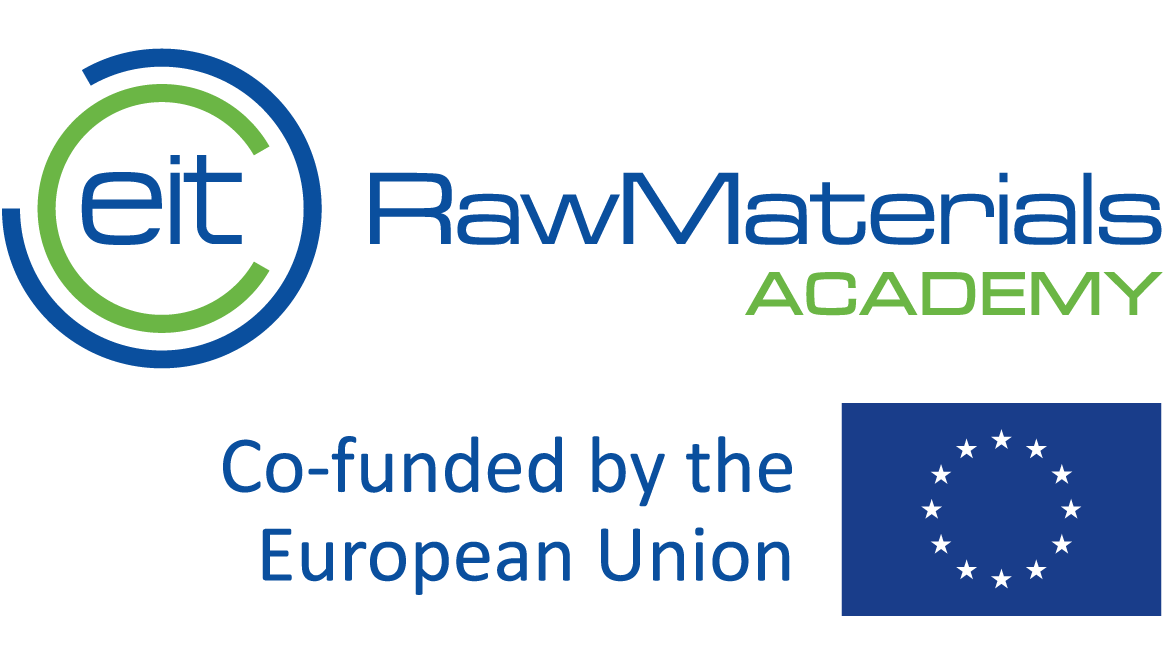Home / Nature & Environment / Sustainability / E-Waste and Battery Recycling: Technology, Design, and Challenges / Which energy is saved by recycling? The case of Aluminium
This article is from the free online
E-Waste and Battery Recycling: Technology, Design, and Challenges


Reach your personal and professional goals
Unlock access to hundreds of expert online courses and degrees from top universities and educators to gain accredited qualifications and professional CV-building certificates.
Join over 18 million learners to launch, switch or build upon your career, all at your own pace, across a wide range of topic areas.








